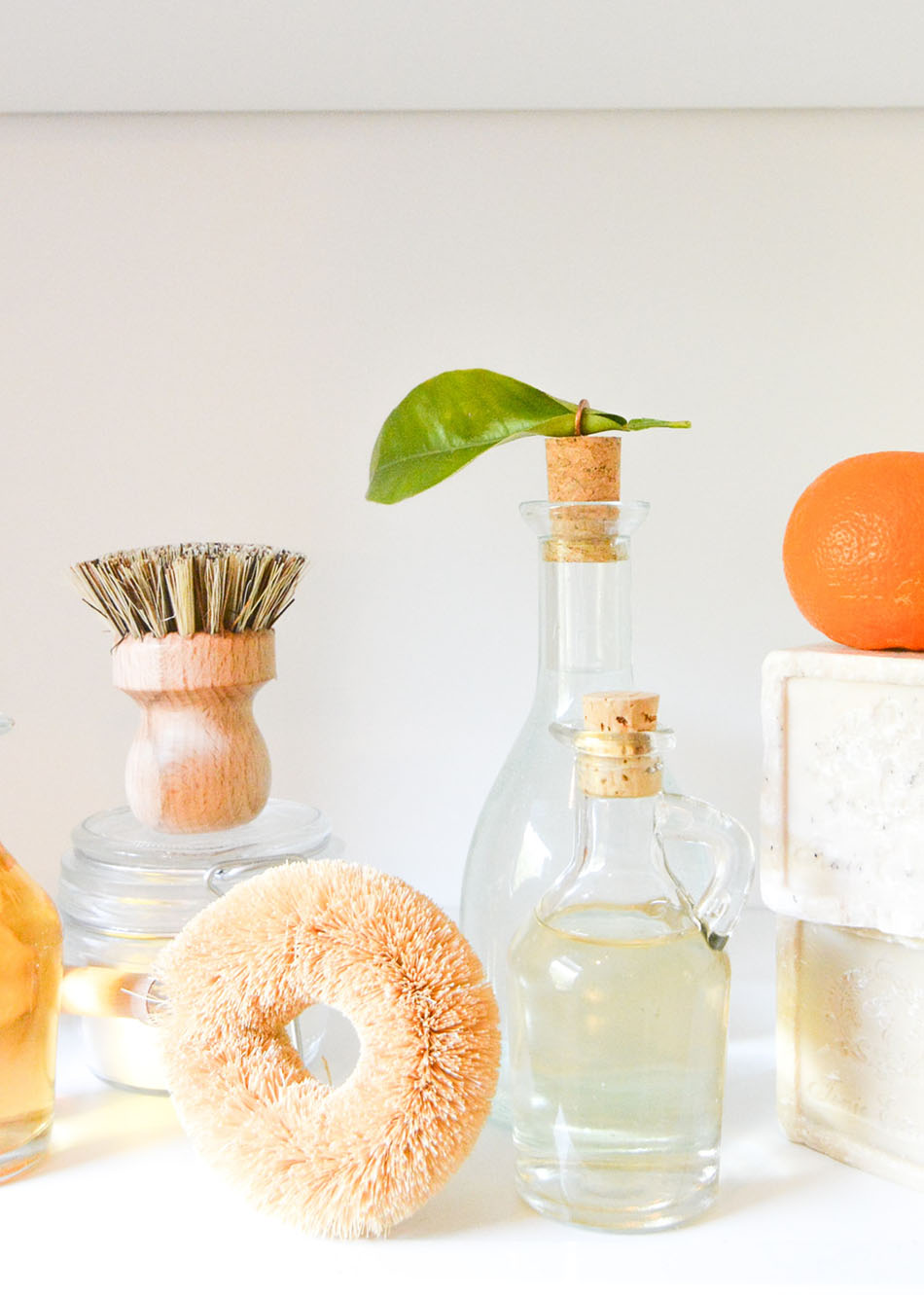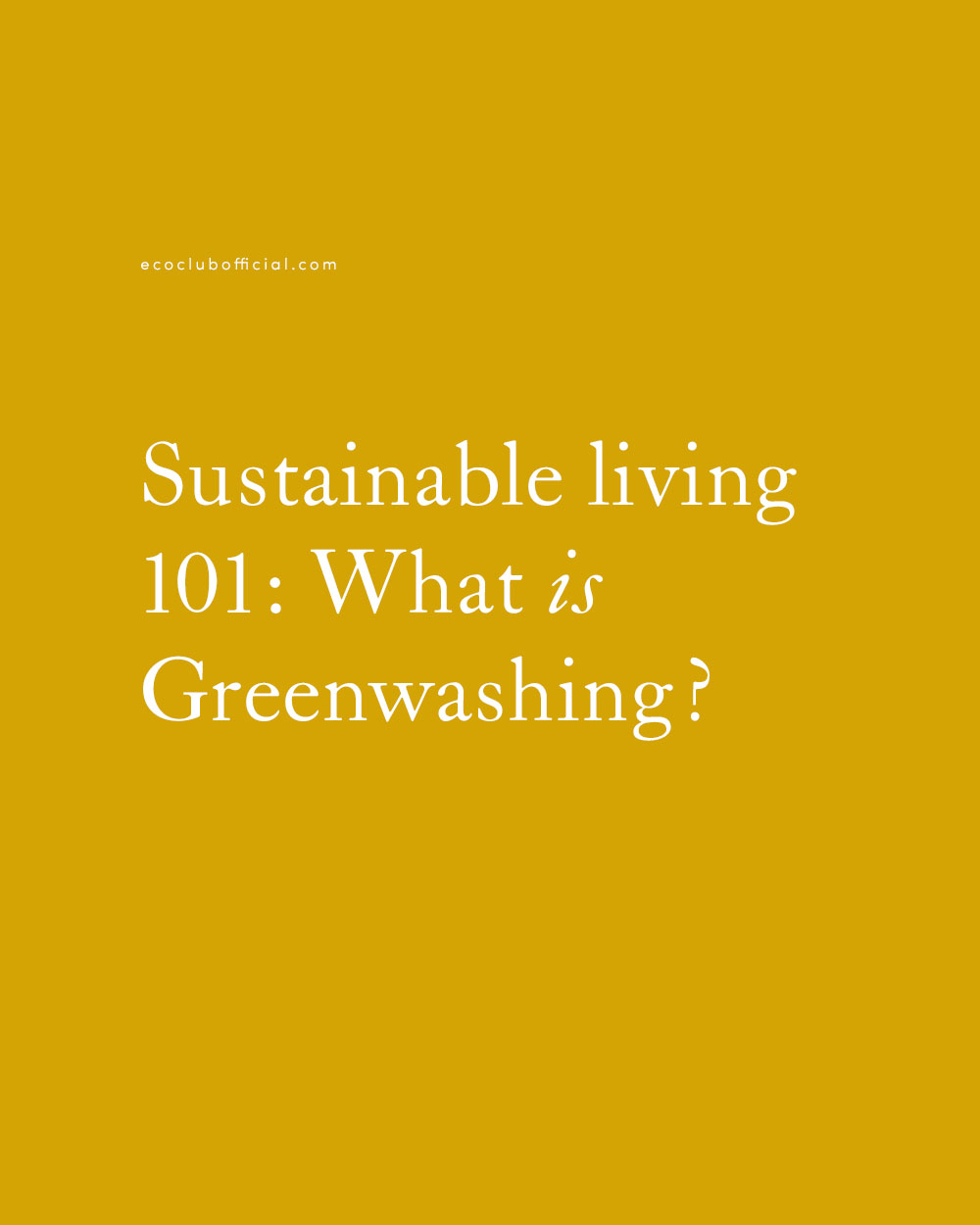Brands worldwide are taking significant steps to become more environmentally friendly, but there are still plenty using greenwashing techniques to boost sales. Here’s our guide to understanding what greenwashing is, why it happens—and how you can spot it in the future.
So, what is greenwashing? Greenwashing is a marketing ploy that companies use to appear that they are doing more for the environment than they are. Greenwashing purposely deceives and misleads customers into believing their products are eco-friendly. It makes companies seem environmentally aware, their products conscious, and choices ethical. But scratch a little deeper below the surface, and you’ll discover that their green claims are unfounded.
In some instances, businesses do have environmentally sound policies and practices. But greenwashing uses grandiose claims and gross exaggerations to give the impression brands are greener than they are. They may promote their fully recyclable packaging but fail to mention the toxic, single-use plastic product inside. Greenwashing directs funds to a marketing campaign rather than funding systematic change. It distracts from a company’s unethical and unsustainable practices.
Using natural images like greenery and leaves is a subliminal signal that a product is clean, earth-friendly, and derived from nature. Although packaging might not explicitly state that it’s eco, its packaging is intended to deceive. Using buzzwords such as ‘organic,’ ‘ethical,’ and ‘eco-friendly’ are also misleading as they create an image in the consumer’s mind but carry no legal weight; companies can self-declare they are ethical even when they aren’t.
Unfortunately, most major corporations are guilty of greenwashing. Break Free from Plastic produced a damning report in 2020, listing the worst brands for greenwashing, of which Coca-Cola, Pepsi, and Nestle came out on top.

photo by Nefeli Kavvada.
some examples:
- Marketed as pure, natural, untouched by man, Fiji Water was sued in 2011 for greenwashing. They willfully mislead customers into believing they were a carbon-negative company when their carbon footprint was huge: their water comes from a Fijian aquifer, their bottles from China, and their products shipped to 60 countries worldwide.
- To appear like they were eliminating single-use plastics from their restaurants, McDonalds’ switched to paper-straws. However, the new ‘eco’ straws weren’t recyclable, while the cups were still made from plastic—an ineffective marketing ruse to distract from the detrimental impact of their single-use plastic pollution.
why is it so easy to fall for greenwashing claims?
As conscious consumers who want to make ethical purchases, it is hard to believe that brands don’t hold the same values in high regard. And yet, all too many put profit over the planet, jumping on the rise in demand for eco-friendly products.
A lot of these so-called ethical products come with a higher price tag. We equate the higher expense with responsible practices, sustainable sourcing, and a fair wage for workers. Consumers are happy to pay more for an ethical product. And here’s where greenwashing brands turn a profit: they charge conscious consumers a premium price to fund their unsustainable practices. Greenwashing also plays into our climate anxiety, convincing us to make purchases that we think are the answer to the environmental crisis but which go on to devastate and destroy our planet.

three ways to avoid greenwashing
Greenwashing is not always immediately apparent, but when you know the signs, you’ll be able to spot it in the future.
Don’t be fooled by green, ‘eco’ packaging. Make sure to check the ingredients list and research any ethical claims companies make.
Avoid ambiguous statements and buzzwords. Genuinely ethical brands are specific on details. (These can usually be found on their websites.) If in doubt, reach out to the companies and see what they say.
Look for industry-standard certifications such as Fair Trade, The Vegan Society, and Organic Content Standards.
Although greenwashing misleads conscious consumers and exploits the planet further—we don’t need to despair just yet! The fact that companies are greenwashing indicates the enormous global demand for sustainable, earth-friendly alternatives. Many companies are stepping up, making ethical changes, putting the planet and people at the heart of their work. Let’s hope that more brands answer the call.
What examples of greenwashing have you come across lately?

[…] values. Trust me. Consumers have to wade through so much information when making a purchase. Add greenwashing into the mix and it’s frustrating as hell. GIVE them the information they want–let them […]